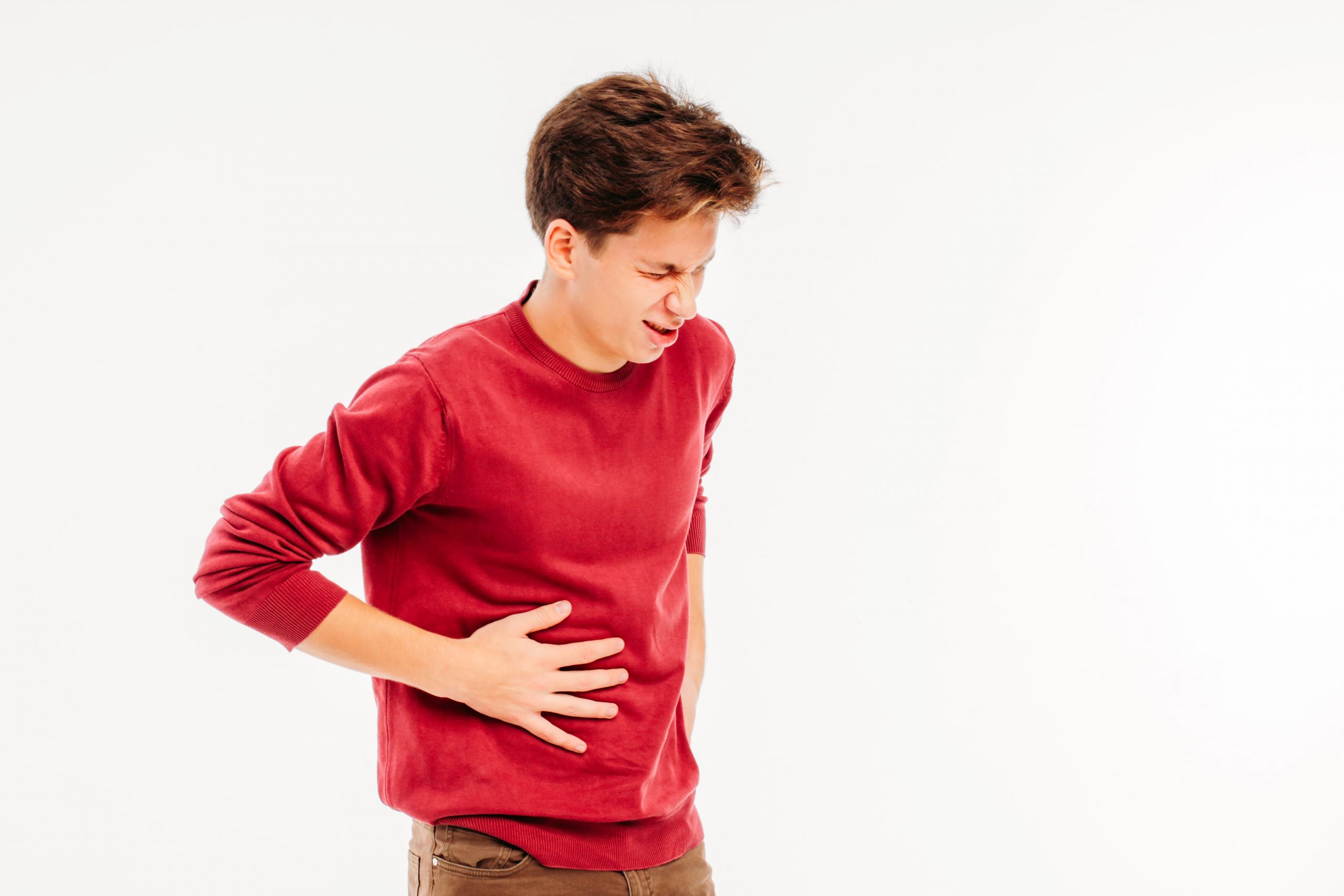
If you think you have food poisoning, it is important to seek medical attention as soon as possible. Symptoms of food poisoning can range from mild to severe, and in some cases, can be life-threatening.
The most common symptoms of food poisoning are nausea, vomiting, and diarrhea. Other symptoms may include abdominal pain, cramping, fever, and chills. If you experience any of these symptoms after eating, it is important to seek medical attention as soon as possible.
There are many different types of food poisoning, and the severity of the illness depends on the type of bacteria or virus that is causing the illness. Some types of food poisoning can be treated at home with over-the-counter medication, but others may require hospitalization.
If you think you have food poisoning, there are a few things you can do at home to help ease your symptoms:
Drink plenty of fluids: This will help to prevent dehydration from vomiting and diarrhea. Drink clear fluids like water, clear broth, or sports drinks. Avoid caffeinated beverages like coffee or soda, as they can make dehydration worse.
Rest: When you’re sick, your body needs time to rest and heal. Try to get as much rest as possible.
Avoid solid foods: Solid foods can make vomiting and diarrhea worse. If you’re able to eat, stick to bland, easy-to-digest foods like crackers or toast.
Avoid dairy: Dairy products can make diarrhea worse. If you’re able to eat, stick to non-dairy options like soy milk or almond milk.
Avoid spicy foods: Spicy foods can irritate your stomach and make vomiting and diarrhea worse. Stick to bland, easy-to-digest foods until you’re feeling better.
If your symptoms are severe or you’re unable to keep fluids down, it’s important to seek medical attention. Severe cases of food poisoning can lead to dehydration, which can be life-threatening. Symptoms of dehydration include dark urine, dry mouth, dizziness, and fatigue. If you experience any of these symptoms, seek medical attention immediately.
What is the fastest way to resolve food poisoning?
Food poisoning is a very unpleasant experience that can be caused by eating contaminated food. The symptoms of food poisoning can vary from mild to severe, and can include nausea, vomiting, diarrhea, abdominal pain, and fever. If you think you may have food poisoning, it is important to see a doctor as soon as possible so that you can get the treatment you need.
There are many different types of bacteria and viruses that can cause food poisoning, so it is important to see a doctor so that they can diagnose the specific cause of your illness. Treatment for food poisoning will vary depending on the cause, but often includes rest, fluids, and over-the-counter medication to help with symptoms. In severe cases, hospitalization may be necessary.
If you have food poisoning, it is important to stay hydrated by drinking plenty of fluids. You can also try taking over-the-counter medications like acetaminophen or ibuprofen to help with pain and fever. It is important to see a doctor if your symptoms are severe or if you have any concerns.
Can you cure food poisoning on your own?
Yes, you can cure food poisoning on your own, but it depends on the severity of your symptoms. If you have mild symptoms, you can probably let them run their course and you’ll be just fine. However, if you have severe symptoms, you’ll need to see a doctor. Here’s a look at the different types of food poisoning and how to treat them.
If you have any type of food poisoning, the first thing you should do is drink plenty of fluids. This will help to flush the toxins out of your system. You can also try taking over-the-counter medications like Pepto-Bismol or Imodium to help with the diarrhea and vomiting.
If your symptoms are severe, you’ll need to see a doctor. You may need to be hospitalized so that you can be hydrated and monitored. In some cases, you may need antibiotics to clear the infection.
If you think you have food poisoning, it’s important to see a doctor right away so that you can get the proper treatment. Food poisoning can be very serious and even life-threatening if it’s not treated properly.








